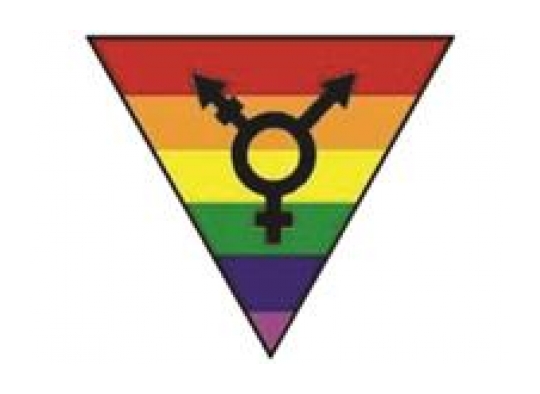A primer on issues facing transgender persons

This year has been astounding for the increase in news and information about transgender persons, and transgender issues. With Caitlyn Jenner’s coming out on TV and in Vanity Fair, the coverage of her life and issues has generated much information, and understanding of the problems facing our transgender brothers and sisters.
Transgender people come from all walks of life. They are dads and moms, brothers and sisters, our co-workers, our neighbors. Although visibility is increasing, they still face discrimination, stigma and inequality.
The federal government’s Equal Employment Opportunity Commission (EEOC) and the Department of Education have taken steps to include transgender people under existing non-discrimination protections, such as Title IX of the Education act. However, those are administrative actions. There are no federal laws that prohibit discrimination based on gender identity. So, a change in administration could change the EEOC’s interpretation of the law.
On the state level, only 18 states and the District of Columbia prohibit employment and housing discrimination based on gender identity, only 17 prohibit it for public accommodations, and only 15 prohibit it in education.
More distressing, many state legislatures have been debating bills that would prohibit transgender people from accessing public bathrooms that correspond to their gender identity, or passing laws that would allow people to cite their religious beliefs in discriminating against transgender persons.
In many cases, the lack of legal protection, particularly against job discrimination, has led to unemployment in the transgender community, and resulting poverty. A National Transgender Discrimination Survey found that 15 percent of respondents were living in severe poverty (making less than $10,000 a year). For transgender persons of color the numbers were much higher: 34 percent of Black, and 28 percent of Latina/o respondents report a household income of less than $10,000 a year.
While lesbians and gay men are emerging from decades long stigma based on opinions that they were mentally ill, and the criminalization of intimate sexual acts, transgender people are still often met with ridicule. The stigma results in many negative ways: legislators who pass laws affecting transgender persons to score political points, families or employers who reject people when learning about their transgender identities, and bullies who commit serious violence against transgender people.
At least 13 transgender women were murdered in 2014, and 2015 is on pace to have worse results. Hate crimes against transgender people, and particularly against transgender women, compose a high percentage of the hate crimes reported against LGBT persons. And the statistics are almost certainly understated, because many states do not include crimes against LGBT people as hate crimes in their laws.
Transgender persons face barriers in the healthcare area as well. In a survey in Washington, D.C. 44 percent of those who identified health as one of their top priorities said that access to transgender-sensitive healthcare was their most significant need. Another survey found that almost 20 percent of respondents had been refused medical care outright because of bias against their transgender identity.
Another health difficulty facing transgender persons is that their healthcare needs can vary depending on where they are in their transition process. For example, even a post-operative transgender woman might still get prostate cancer.
Another issue facing transgender persons is a lack of consistency or understanding among the states in producing identity documents. Some states, most recently Hawaii, have made it easier for transgender persons to have their birth certificates reflect their gender, rather than the gender they were assigned at birth. But most states are not yet that advanced. Consider that access to healthcare and transportation (particularly air travel) depend on accurate identity documents.
Advocates continue to work on these issues, and others, but change cannot come too soon for transgender individuals dealing with the problems outlined here. For more details, and better understanding of transgender issues, visit the websites of the National Center for Transgender Equality, Human Rights Campaign, Lambda Legal, and other advocacy sites. And read Amanda Kerri’s transgender issues column monthly in The Gayly. Amanda’s comments are informative, immensely readable, and generally humorous as well.
The data cited in this article were gathered from HRC’s website, www.hrc.org.
The Gayly – August 15, 2015 @ 6:40am.





